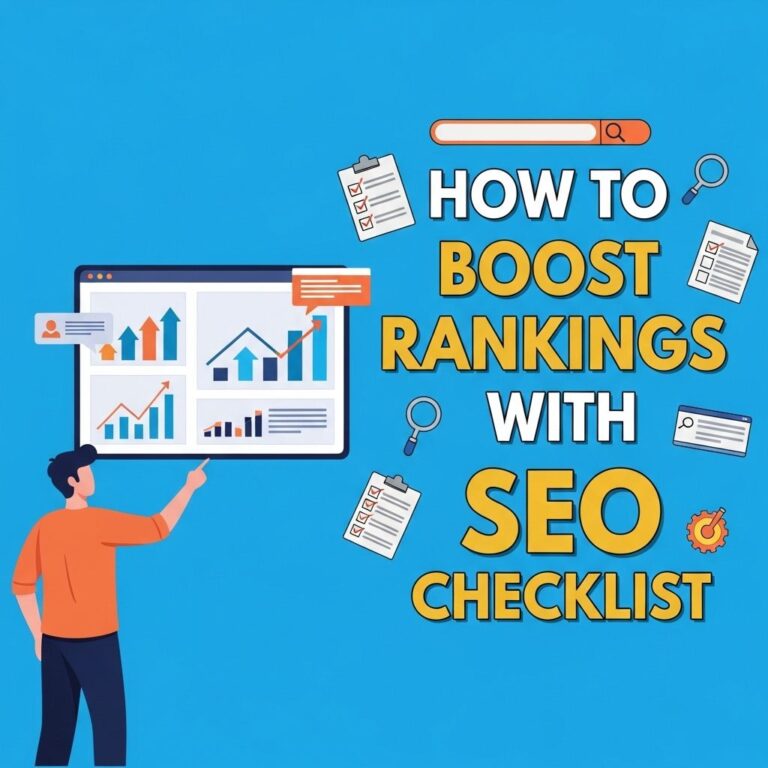In the digital world, where millions of websites compete for attention, effective keyword optimization is crucial for boosting search rankings. The right keywords can enhance visibility, drive traffic, and improve conversion rates. However, with the rise of artificial intelligence (AI), the way we approach keyword research and optimization has undergone a significant transformation. This article delves into the current landscape of keyword optimization, explores AI tools that can enhance your strategies, and provides actionable tips for utilizing AI prompts to refine your keyword approach.
Table of Contents
Understanding Keyword Optimization
Keyword optimization involves selecting and integrating relevant keywords into your content to increase its relevance in search engine results. This process is essential for SEO (Search Engine Optimization) as it helps align your content with the search intent of users. Here are some core components of keyword optimization:
- Keyword Research: Identifying the right keywords based on search volume and competition.
- On-page Optimization: Strategically placing keywords in titles, headers, and throughout the content.
- Content Quality: Ensuring the content is informative, engaging, and valuable to the reader.
- Monitoring and Adjustment: Regularly analyzing performance metrics and adjusting keywords accordingly.
The Role of AI in Keyword Optimization
Artificial intelligence has revolutionized many aspects of digital marketing, including keyword optimization. AI tools can analyze vast amounts of data to identify trends and suggest keywords that might not be apparent through manual research. Here’s how AI is influencing keyword optimization:
1. Enhanced Research Capabilities
AI tools can scan countless websites and databases quickly, providing insights into keyword performance and competition levels. They can analyze:
- Search trends over time
- Seasonal keyword performance
- Long-tail keyword opportunities
2. Predictive Analysis
AI can predict future trends by analyzing user behavior and search patterns. This allows marketers to optimize their content strategy proactively.
3. Content Creation
With AI-generated content tools, marketers can create high-quality articles using target keywords efficiently. This can save time and enhance productivity.
Popular AI Tools for Keyword Optimization
Several AI tools can assist with keyword optimization. Here are some of the most efficient ones:
| Tool | Description | Key Features |
|---|---|---|
| Ahrefs | Comprehensive SEO tool that offers keyword research, backlink analysis, and rank tracking. | Keyword explorer, content gap analysis, rank tracking. |
| SEMrush | All-in-one marketing toolkit for digital marketing professionals. | Keyword magic tool, topic research, SEO audit. |
| Moz Keyword Explorer | Keyword research tool focusing on SEO and SERP analysis. | Keyword suggestions, SERP analysis, difficulty score. |
| Surfer SEO | On-page optimization tool that utilizes AI to enhance content relevancy. | Content editor, SERP analyzer, keyword research. |
Actionable Tips for Keyword Optimization with AI Prompts
To leverage AI prompts for keyword optimization effectively, consider the following strategies:
1. Utilize AI for Brainstorming Keywords
AI can help generate keyword ideas based on a central theme. For example, input a broad topic into an AI tool and ask for related keywords. This helps identify long-tail keywords that can improve ranking.
2. Analyze Competitor Keywords
Using AI, analyze the keywords your competitors are targeting. Identify gaps in their strategy and find opportunities for differentiation.
3. Optimize Existing Content
Run existing content through AI tools to identify underperforming keywords and suggest optimizations. This might include:
- Updating keywords in titles and headers
- Incorporating related keywords
- Improving meta descriptions
4. Create a Keyword Hierarchy
Organize your keywords into a hierarchy based on relevance and search volume. This helps in structuring your content effectively. You can use a table format to lay out your primary and secondary keywords.
5. Regularly Review and Adapt
Keyword trends change over time, so it is essential to regularly review your keyword performance and adapt your strategy accordingly. Use AI tools to generate regular reports on your keyword rankings and traffic performance.
Conclusion
In the ever-evolving landscape of digital marketing, keyword optimization remains a cornerstone of effective SEO. By utilizing AI-driven tools and prompts, marketers can enhance their keyword strategies, leading to improved search rankings and increased visibility. Remember, the ultimate goal is to create valuable content that meets the needs of your audience while effectively utilizing the power of AI for optimization. Stay ahead of the competition by continuously refining your approach and embracing the innovations that AI offers.
FAQ
What is keyword optimization?
Keyword optimization is the process of researching, analyzing, and selecting the best keywords to target for your website to improve its visibility in search engine results.
How can I find the right keywords for my website?
You can find the right keywords by using keyword research tools, analyzing competitors, and considering the search intent of your target audience.
Why is keyword optimization important for SEO?
Keyword optimization is important for SEO because it helps search engines understand the content of your website, making it easier for users to find your site when searching for relevant topics.
What are long-tail keywords and why should I use them?
Long-tail keywords are more specific phrases usually containing three or more words. They often have less competition and can attract more targeted traffic to your website.
How often should I update my keyword strategy?
You should regularly update your keyword strategy, ideally every few months, to adapt to changing trends, user behavior, and search engine algorithms.
What role does content play in keyword optimization?
Content plays a crucial role in keyword optimization as it provides the context for your keywords and helps engage users while improving your site’s relevance and authority in search engines.









